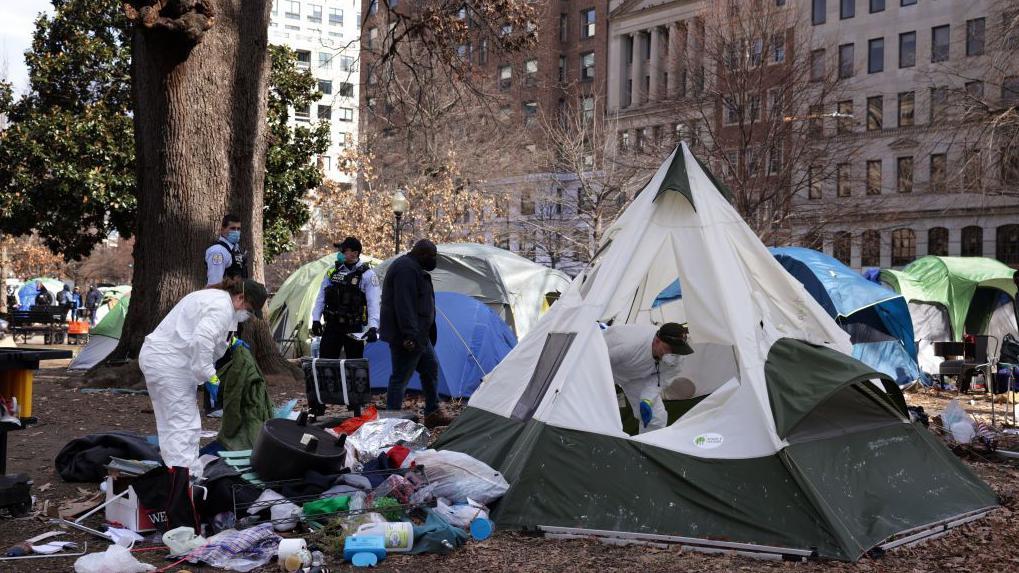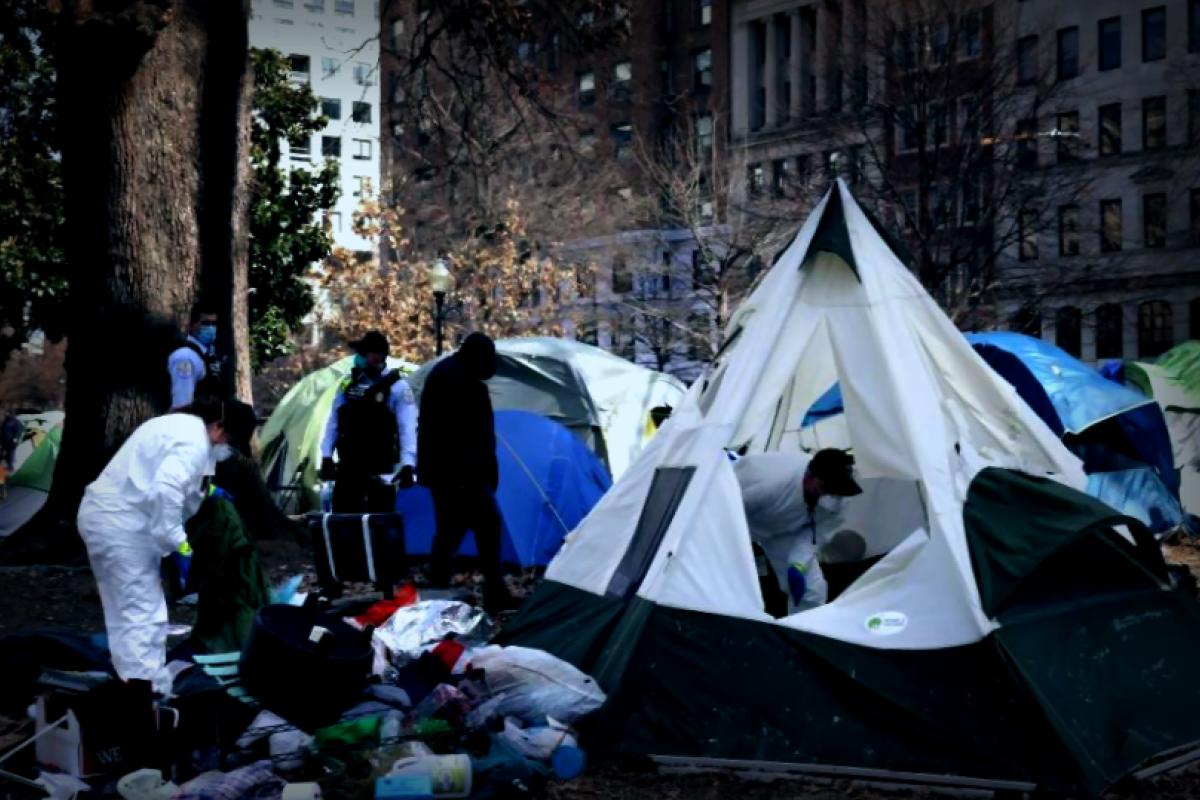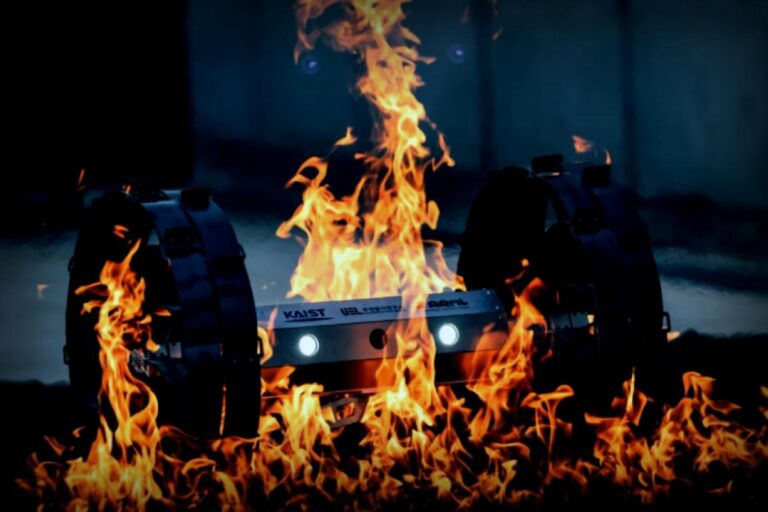
In a recent statement, President Donald Trump announced that homeless individuals in Washington D.C. should “immediately move out,” as part of his initiative to combat crime in the area. This proclamation drew criticism from Mayor Muriel Bowser, who argued that crime levels in the capital have not soared as suggested by the White House.
On Sunday, Trump took to his social media platform, declaring: “We will provide shelter, but it will be FAR from the Capitol.” He teased a news conference happening on Monday where he plans to unveil his strategy aimed at making D.C. “safer and more beautiful than ever.”
Mayor Bowser, a Democrat, promptly refuted claims of a crime surge, stating, “We are not experiencing a crime spike.” The president had previously issued an order to make arrests of homeless individuals easier, and recently summoned federal law enforcement to counter what he labeled as “totally out of control” crime rates.
Trump’s post continued, “The Homeless have to move out, IMMEDIATELY. We will provide places to stay, but FAR from the Capital. As for criminals, they can stay put; we will jail them as they deserve.” He expressed his resolve with a comment on social media accompanied by images of tent setups and litter: “There will be no ‘MR. NICE GUY.’ We want our Capital BACK. Thank you for your attention to this matter!”
He further emphasized the importance of restoring beauty to the city, declaring: “Before the tents and squalor, it was the most beautiful capital in the world. It will be that again soon.” While details of his plan remain sparse, he previously suggested in 2022 possibly relocating homeless individuals to “high-quality” temporary encampments situated on affordable land outside of the city limits, ensuring access to sanitary facilities and medical help.
As part of his approach, Trump dispatched federal agents—including members from the U.S. Park Police and the FBI—into Washington D.C. the night before to address escalating crime levels following a recent assault of a former government employee linked to an attempted carjacking.
The following day, officials disclosed that approximately 450 federal agents were stationed in D.C. as a response to the rise in criminal incidents. In a pointed social media post, Trump expressed outrage at the assault, sharing images of the injured victim.
Older crime statistics do show that although homicides in D.C. are high per capita, they’ve decreased compared to a decade ago. In fact, data reveal that last year marked a historic low for violent crime rates across the city, comprising incidents like carjackings, assaults, and robberies. Moreover, Bowser reflected on the city’s efforts over the past two years to cut violent crime down to levels not seen in three decades.
On Sunday, in defense against Trump’s claim that comparisons of D.C. to “war-torn Baghdad” are accurate, Bowser criticized these assertions as being significant exaggerations. She understands that Paul Ryan remarks regarding the deteriorating environment of the city could be misleading.
Washington’s mortality rate, largely increased due to gun violence, still has brought concerns, with a total of 98 homicides reported in the current year. Organizations like Community Partnership estimate the homeless population within the city to be around 3,782 individuals, some of whom have alphabetically designated living arrangements. Most reside in public housing or emergency shelters, yet around 800 are still classified as “on the street.”
D.C. functions under federal oversight, indicating that local laws can be bypassed by the federal government. Additionally, as president, Trump commands federal properties in D.C., but any takeover involving the city’s law enforcement assembly would necessitate Congressional approval.
The president has hinted at taking control of the D.C. Metropolitan Police Department, a move contested by Bowser, who articulates that existing regulations do not permit such federal interventions. “There are boundaries set within our law regarding presidential oversight of our police force, and none of these apply currently in our city,” she clarified.





















